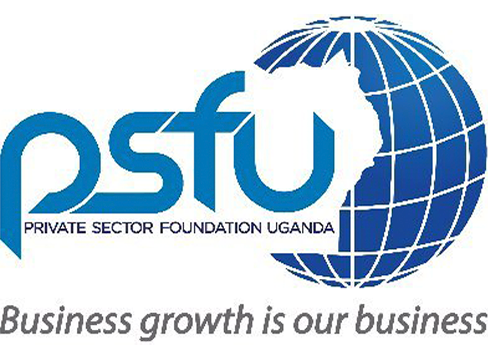BLOG: Shining a Light: Energy Efficiency Improves Care at Sanyu Babies’ Home
September 02, 2025
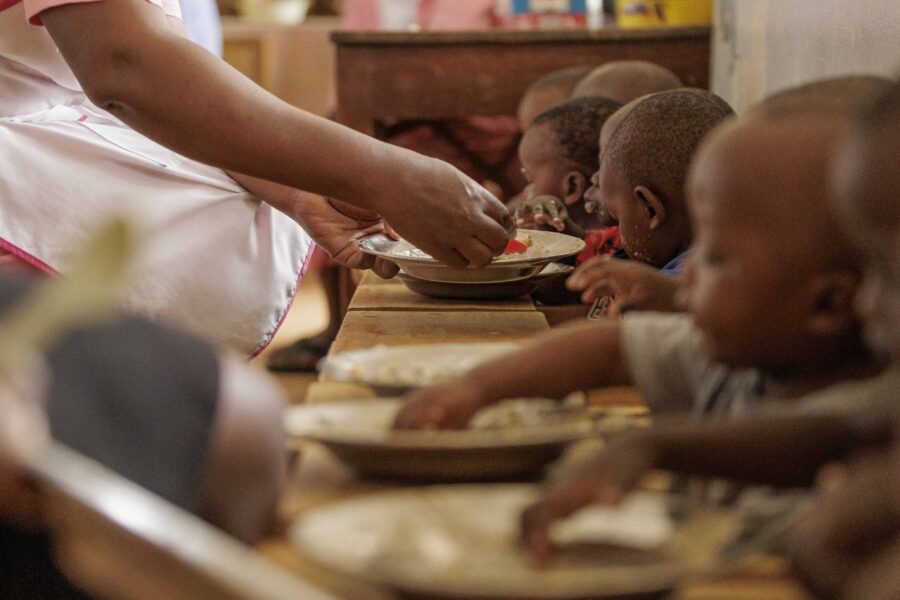
Every year in Kampala, approximately 40 to 80 newborn babies are abandoned by their mothers. In a city where the rhythm of urban life often clashes with the rising costs of living, caring for vulnerable and abandoned children at non-profit organisations proved financially burdensome. For nearly a century, one such institution, Sanyu Babies’ Home, has stood as a centre for hope, providing shelter for vulnerable children. Yet even this long-standing home struggled as the escalating cost of essential utilities jeopardised their ability to provide quality care to all the children in need.
Established in 1929 by missionary midwife Milnes Winifred Walker, Sanyu Babies’ Home was founded out of a need to care for the increasing number of abandoned infants. Today, the home continues its vital work, providing a nurturing environment for countless children. However, a persistent challenge for orphanages across Uganda is ensuring quality of care amidst limited resources. The Uganda Bureau of Statistics (UBOS) recently reported Kampala's annual inflation rate increased to 3.6% from 3.3%, with upward shifts noted in firewood prices in 2024. For Sanyu, relying on firewood and charcoal for cooking and the national grid meant that a significant portion of their precious resources was diverted from direct child welfare.
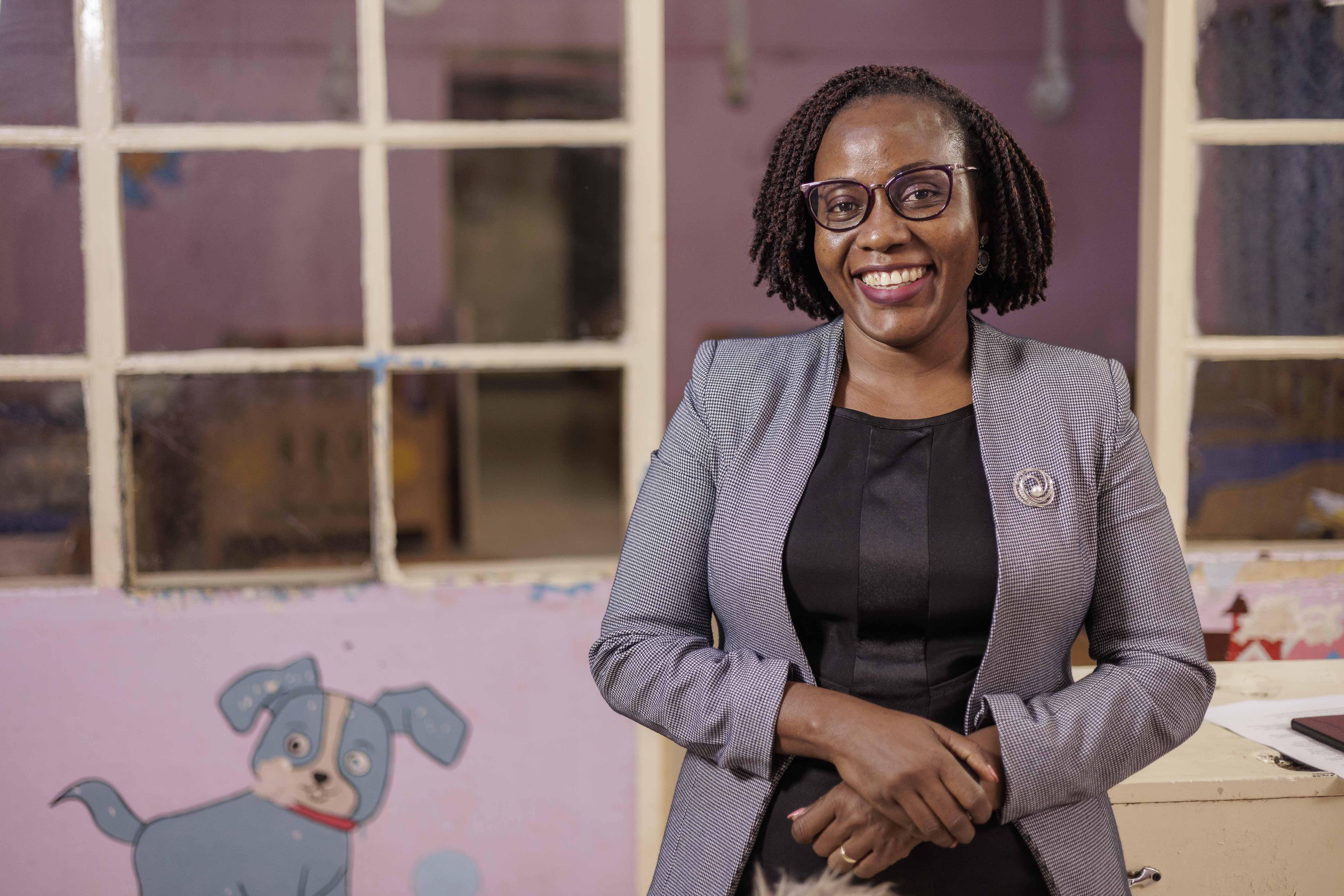
Barbara Nankya Mutagubya, Executive Director of Sanyu Babies Home (SBH), described these financial pressures. ‘The biggest challenge was funding the home, funding the needs of the home, like paying the electricity bills, paying the medical bills, paying for charcoal and firewood for cooking,’ She explained.
To reduce operating costs and improve the home’s sustainability, Sanyu Babies’ Home partnered with the Inclusive Markets for Energy Efficiency in Uganda (IMEU)[MI1] [DM2] project. This partnership led to the adoption of energy-efficient technologies and practices, including the installation of a solar-powered system that supplies alternative energy for all cooking, lighting, and heating needs.
A Kitchen Transformed, Lives Enriched
The impact of this installation was felt immediately. Christine Nalwanga, Home Mother at Sanyu Babies’ Home, recalled the demanding kitchen routine before the solar system. ‘With firewood and charcoal, we would start cooking by 6:00 AM, lighting our 'sigiris' [charcoal stove] to boil water for porridge, bathwater, and beans,’ she said. ‘Boiling beans alone would take four hours. The kitchen was always filled with smoke and nowhere near as clean as it is now.’
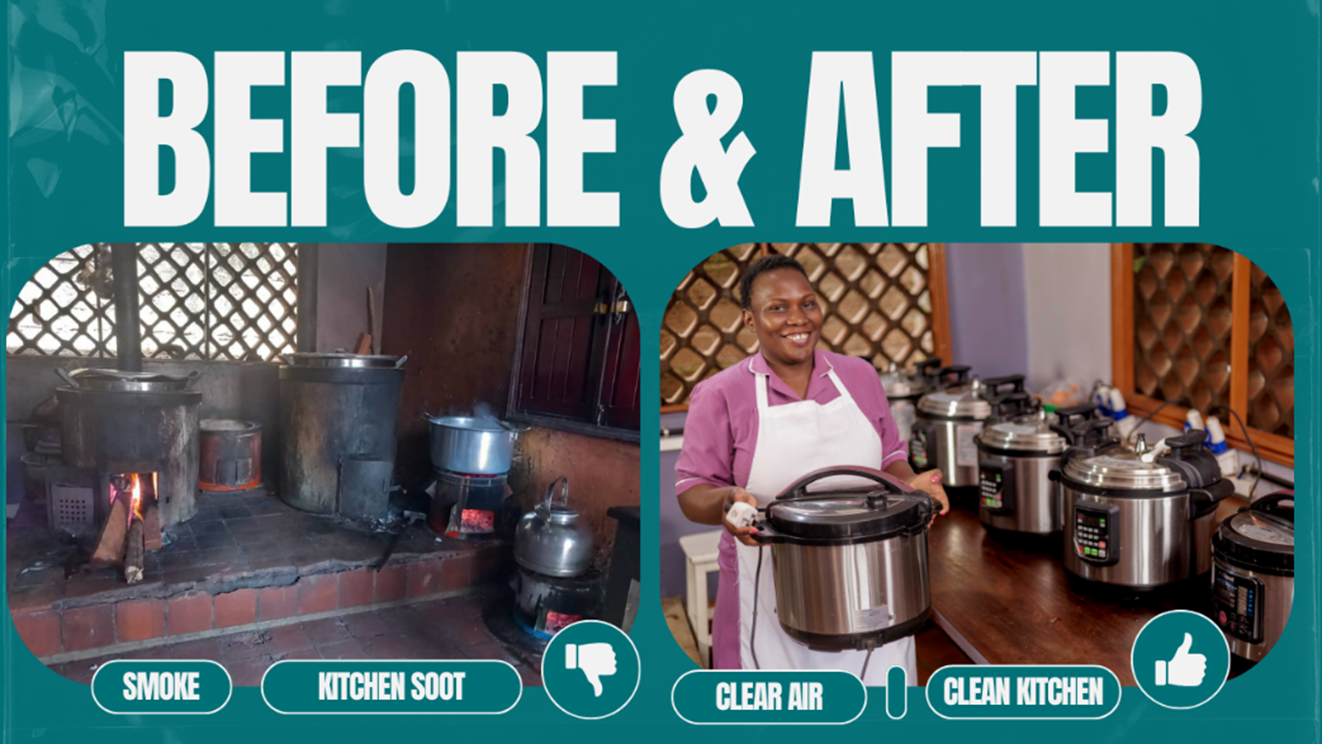
Nalwanga quickly pointed out how much things had changed for the better. ‘But with the solar system and Electric Pressure Cookers (EPC), we are very happy. Cooking time has significantly reduced – we boil a pot of beans in just 38 minutes! We don't shed tears from smoke anymore because we work in a clean, healthy environment. The work is much simpler, saving us valuable time to spend with the children,’ she beamed.
Financial Freedom for Core Care
The shift to solar energy has also brought substantial financial relief, directly impacting Sanyu Babies’ Home's ability to allocate resources where they are most needed: the children. Before the EE solutions, the home faced a double burden from high utility bills, covering electricity and the constant purchase of firewood and charcoal.
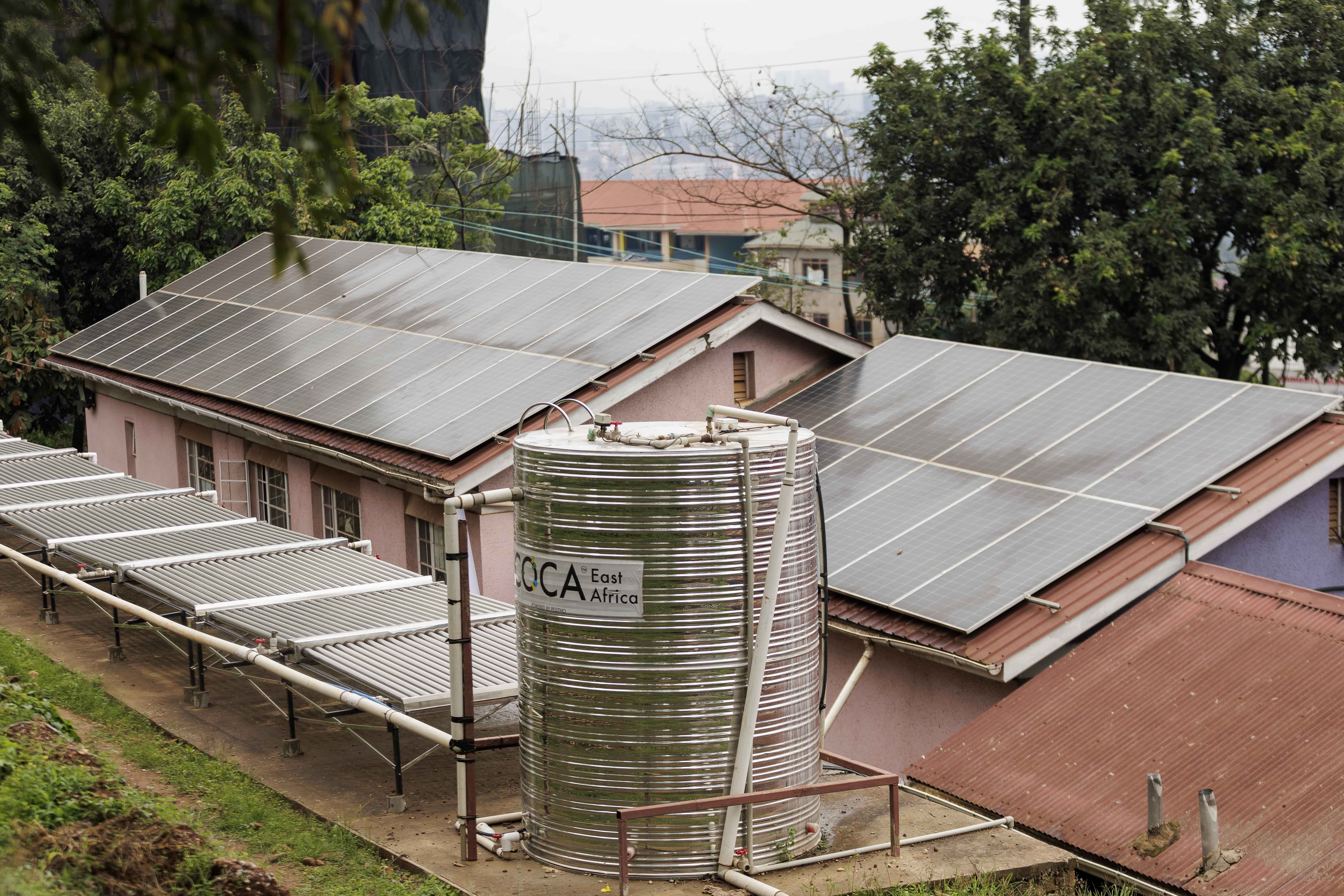
Executive Director Barbara Nankya Mutagubya provided concrete figures on this financial turnaround. ‘Before the IMEU project came in, our UMEME [electricity] bill alone was between 1.3 million to 1.5 million shillings every month,’ she revealed. ‘Now, we pay just 500,000 Ugandan shillings per month.’ The savings extend beyond electricity. The shift away from traditional wood fuel for kitchen operations has also delivered substantial financial relief. ‘Previously, we also spent close to 600,000 shillings per month on firewood and charcoal,’ she added, ‘and now it's only about 50,000 shillings per month, just for those emergency moments when there is too much rain and the sun has not come out.’ This dramatic reduction in overhead expenditure means vital funds are now directly invested into nurturing the 50 babies under their care, ensuring their daily needs are met without the previous financial strain.
Beyond Savings: A Healthier, Safer, Brighter Future
The benefits of the solar energy system extend far beyond the balance sheet, enhancing the quality of care and daily operations at Sanyu Babies' Home. Barbara highlighted the newfound reliability. ‘When the sun goes down, baby care doesn't stop. We need constant light for feeding, especially for sick babies,’ she explained. ‘The solar system ensures we have power for lights throughout the night and for critical medical equipment like respiratory, phototherapy, and baby warmer machines. When we didn't have reliable power, we had to rush to the nearby Mengo Hospital, incurring huge medical bills.’
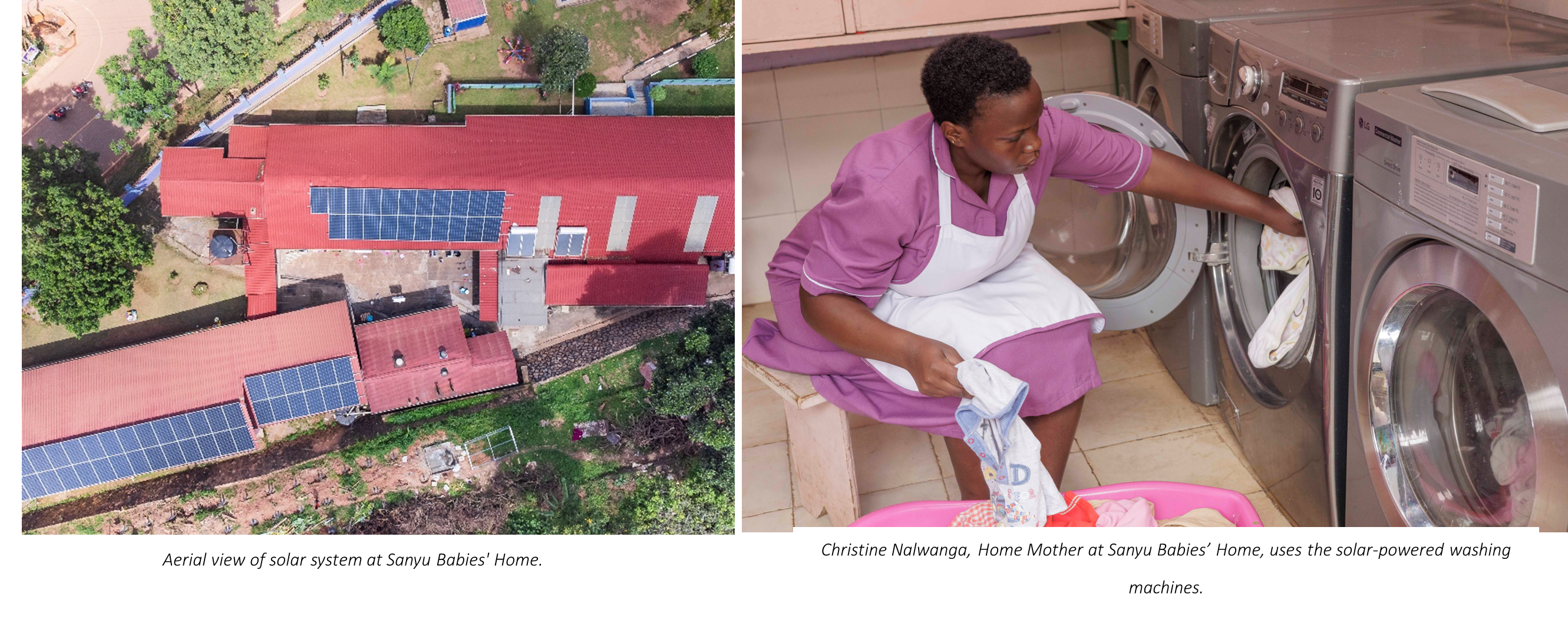
Security has also seen a marked improvement. ‘We need power for our security lights outside and for our CCTV cameras to enhance security around the home,’ Barbara stated. The staff’s well-being has also greatly benefited, as the burdensome tasks of the past are replaced with modern efficiency. ‘Previously, we were washing in the night past midnight because that's when electricity was cheapest. But now, whenever there is sun, we can wash. This has improved the life of the staff in the laundry department.’ Furthermore, the solar power supports the home's early childhood development and education programme, ensuring consistent lighting in learning rooms and enabling the printing of educational materials.
The transition to new technologies also came with essential training. ‘Our thinking in Uganda, many people are afraid of Electric Pressure Cookers. Anything new, people will always be afraid,’ Barbara admitted. ‘But with the training, all the fears were taken away. Right now, all the staff confidently use the EPCs, and without any fear. Every passing day, they're even becoming more experienced and experts.’ This empowerment means staff can focus more on the children. ‘We now have many extra pairs of hands to work with the children, which the children need most,’ she added.
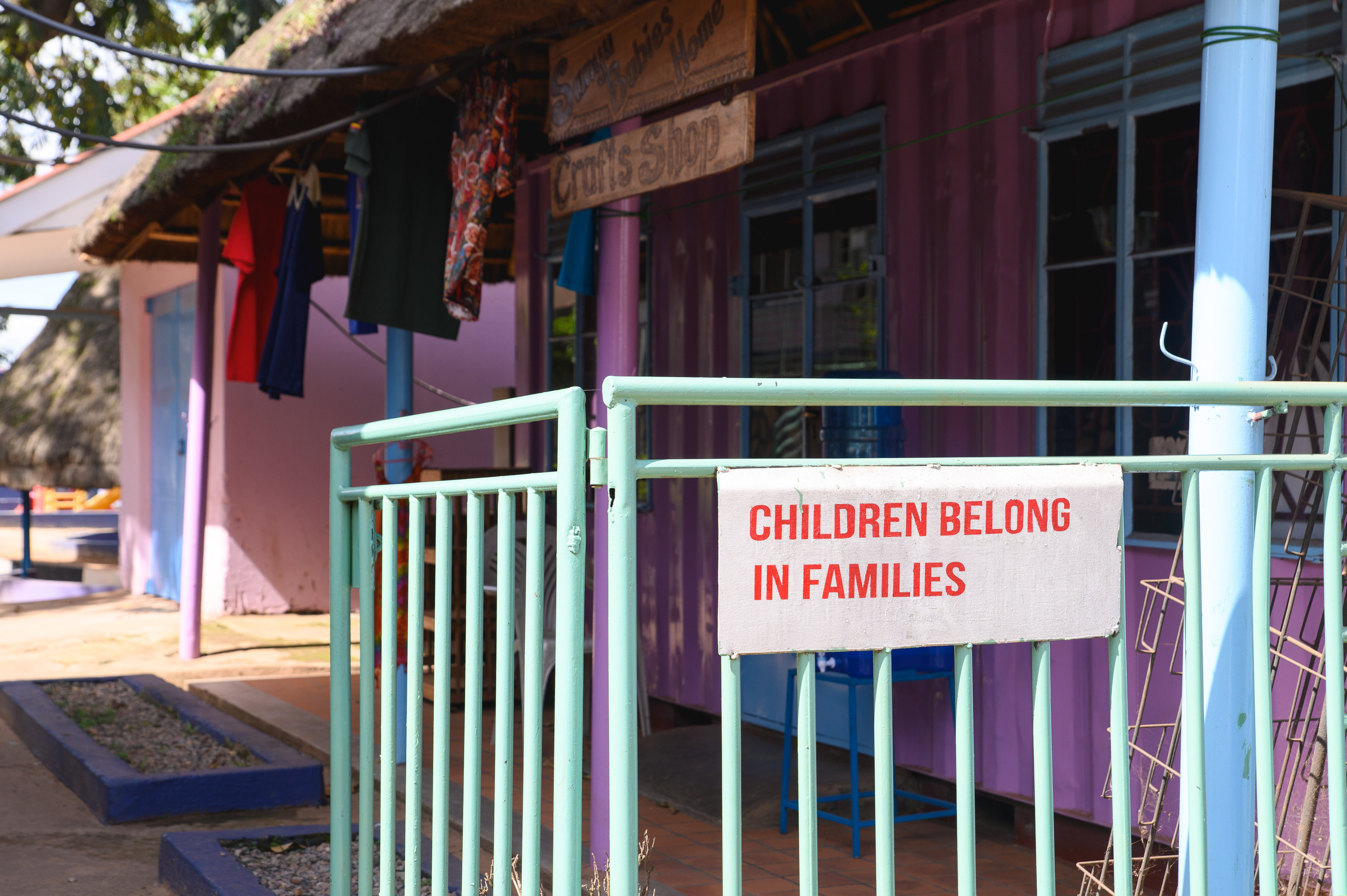
With the success of this first phase, Sanyu Babies' Home is already looking to the future, outlining plans for more solar panels, batteries for greater energy storage, and larger Electric Pressure Cookers to cook staff meals efficiently. ‘We want to see this home being self-sustainable; relying on donations all the time can be very, very challenging.’ Through this partnership with IMEU, Sanyu Babies' Home is not just providing a roof over their heads but building a foundation of sustainable care, ensuring that every child receives the love, attention, and secure environment they deserve today and for generations to come.
ABOUT IMEU The Inclusive Markets for Energy Efficiency in Uganda (IMEU) is a four-year project funded by the Embassy of Sweden. The project is implemented by a consortium led by SNV, with support from Makerere University College of Engineering, Design, Art, and Technology (CEDAT) and Private Sector Foundation Uganda (PSFU) as implementing partners. IMEU aims to develop sustainable, inclusive markets for appropriate energy-efficient (EE) products and services for households, businesses, and institutions in agriculture and the built environment to enhance livelihoods and increase the resilience and competitiveness of businesses in Uganda.
By Denise Mpanga, Communications Officer, SNV in Uganda




